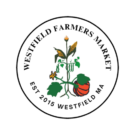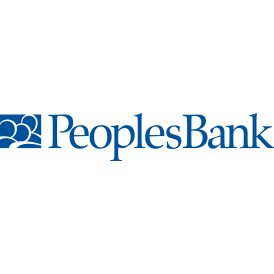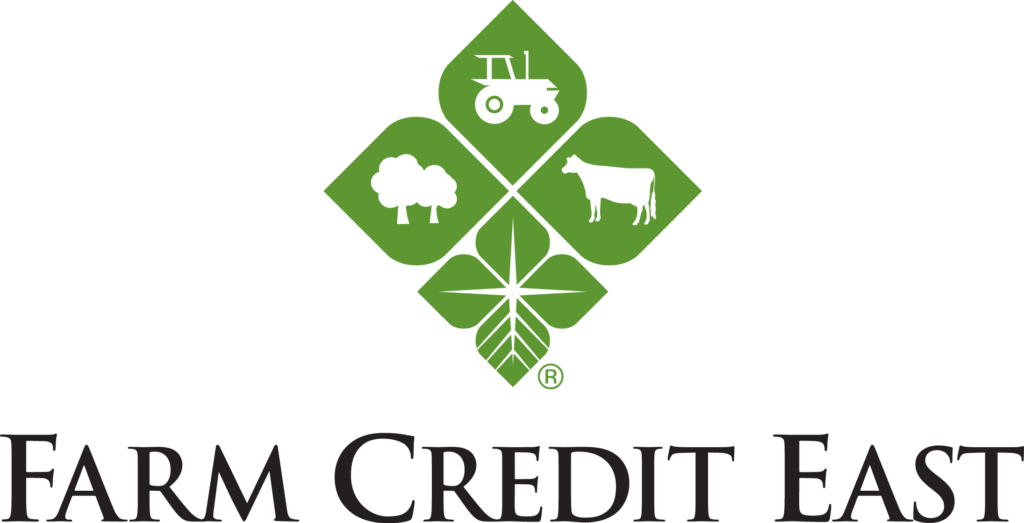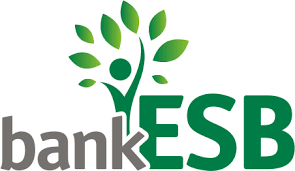WFM Market News - June 19, 2025
In honor of Juneteenth, commemorating the final application of the Emancipation Proclamation, we would like to honor some of the Black farmers and inventors whose work in agriculture, health and nutrition education, inventions for food preservation and distribution laid the foundation for sustainable agricultural practices. Many of these innovators and their contributions have been overlooked historically, and WFM is proud to be part of the cumulative ideas, knowledge, dedication, and contributions of the following persons.
George Washington Carver created multiple uses for peanut products; researched and promoted plants that fix nitrogen into soil; crop rotation for soil health; composting for soil health.
Fannie Lou Hamer founded the Freedom Farm Cooperative in 1969, purchasing prime land in the Mississippi Delta to empower poor black farmers and sharecroppers who for generations had been at the mercy of white landowners. The Farm grew to more than 640 acres, demonstrating potential for prosperity in the Black farming community under collective growth.
Booker T. Whatley introduced the first CSAs to the US in the 1960s, decades before the previously thought of ‘first CSAs’ in 1986. Because Black farmers were continually overlooked for grants and loans for their farms, they didn’t have the money that they needed in order to keep their farms. Whatley encouraged the idea of PYO farms and ‘clientele membership clubs’, which are pretty similar to the CSAs that we see today. This allowed Black communities to financially support their local Black farmers and they would get produce from those farms in return.
Henry Blair received his patents for seed planters (one for corn, and the other for cotton) in the 1830s. We know that he is the first black person to have his patent info indicate that he was black, but we know that he is the second black person to receive a US patent.
Flemmie Pansy Kittrell designed curricula around nutrition and home economics; her work led to the formation of the Head Start Program.
Karen Washington became involved in agricultural advocacy in the late 1990s when she and other activists successfully fought to save New York City’s community gardens from development.
Washington went on to help found Farm School NYC, a nonprofit organization offering urban agriculture training, and Black Urban Growers, a volunteer organization that helps create and support networks of Black urban and rural gardeners and farmers.
Leah Penniman is an American farmer, educator, author, and food sovereignty activist. Co-owner of Soul Fire Farm, NY, whose flagship program is the Black Latinx Farmers Immersion, a 50-hour course to train beginner farmers. By 2018, 500 individuals had taken the course.
Ray’s Family Farm returns to the Market this week, so welcome them back, and enjoy the fresh produce, bread, pastries, maple and honey products, frozen lemonade and organic raw juices, and beautiful handmade crafts that are being offered.
See you Thursday! The WFM Management Team
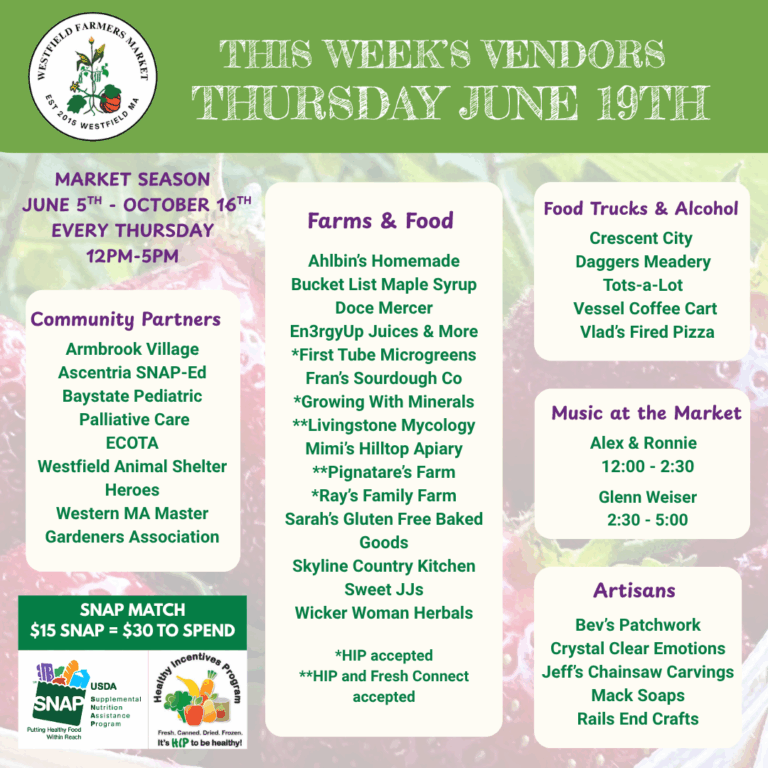
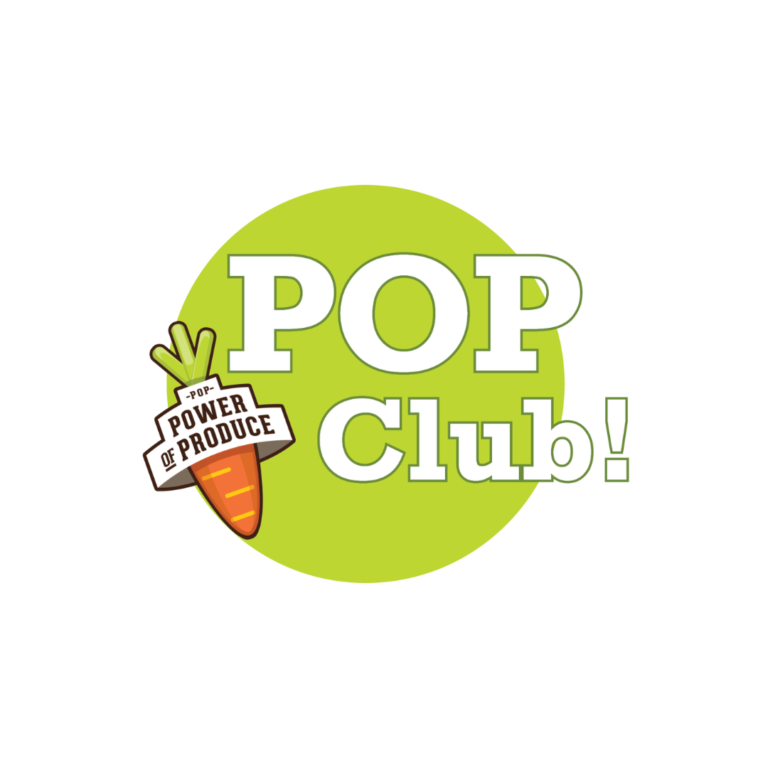
POP Club This Week
Hey Pop Club members, stop by the POP Tent for your $2 POP Bucks. You'll find lots of fresh fruit and veggies at the market this week.
No activity is scheduled for this week.
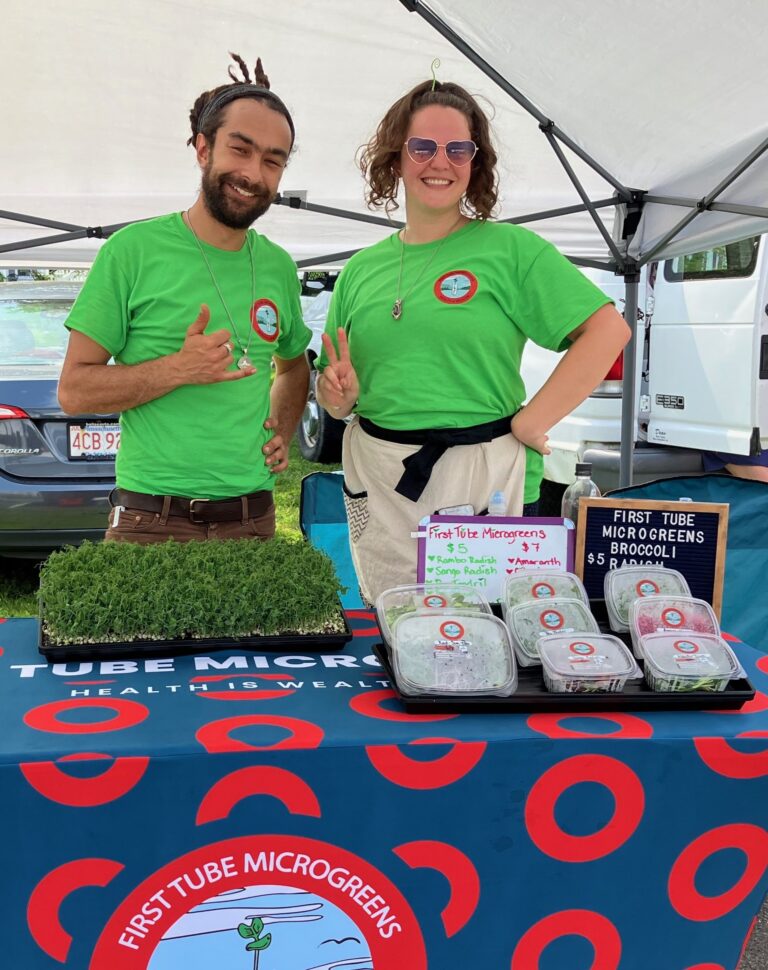
First Tube Microgreens
Whether you’re fueling an active lifestyle or looking for a new beet to life, microgreens bring a powerful flavor and look that can elevate any dish. First Tube Microgreens will show you that the smallest things can make the biggest difference!
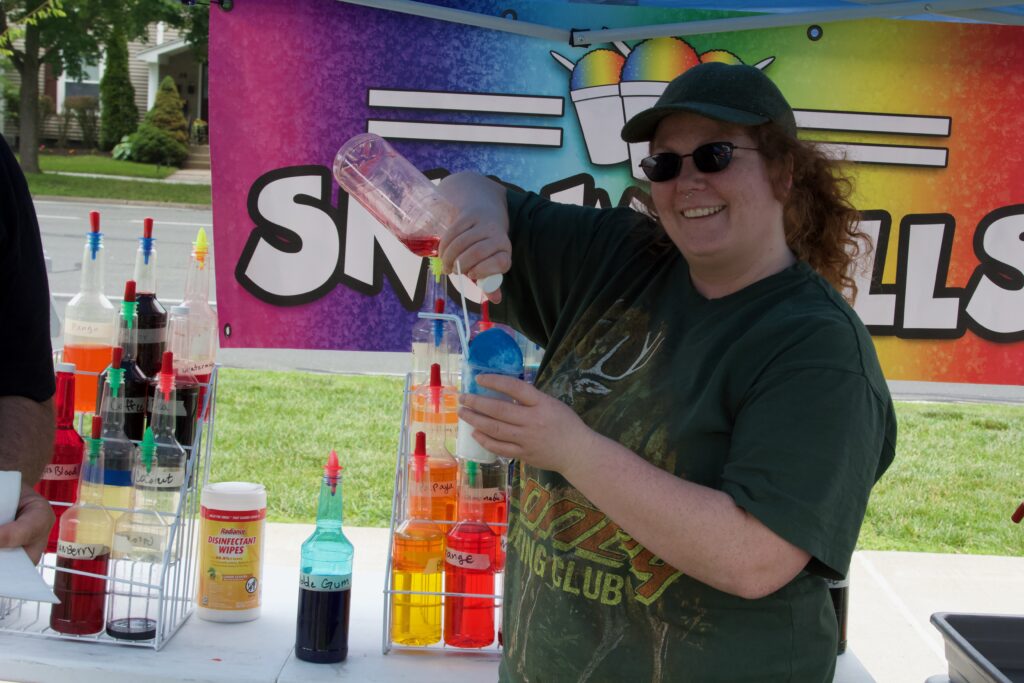
Crescent City Snowballs
Beat the heat with a frozen snowball from Crescent City Snowballs! They offer a huge selection of flavors including blue raspberry, cherry, pina colada, peach and many, many more.
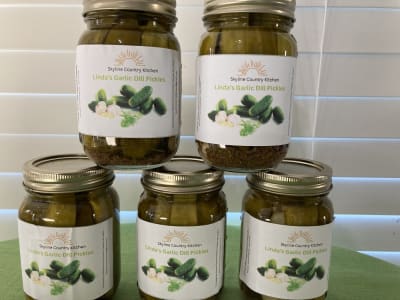
Skyline Country Kitchen
Skyline returns to the market this week with their delicious dill pickles and bread and butter pickles
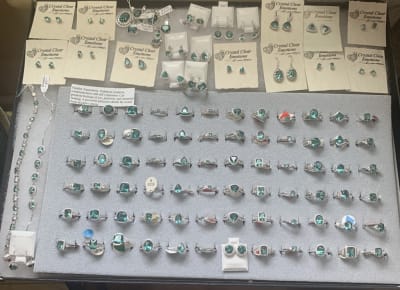
Crystal Clear Emotions
Unique semi precious stones set in sterling silver for jewelry. Hand cut and polished minerals
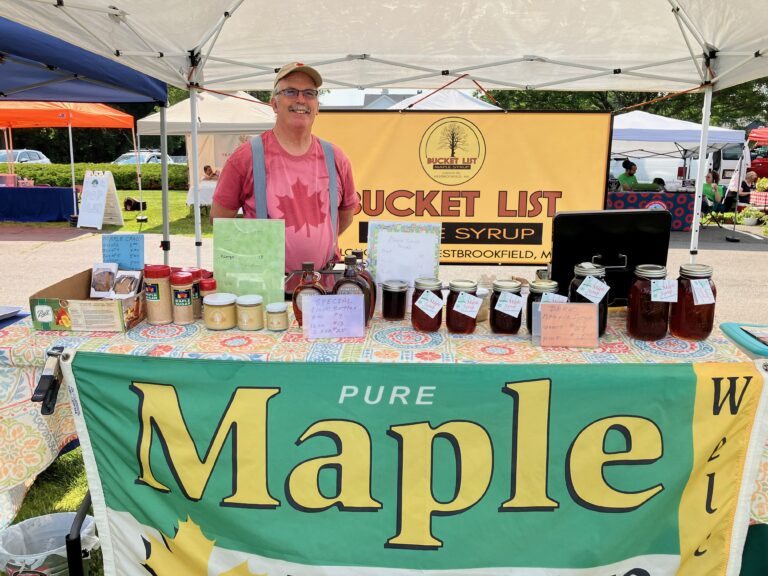
Bucket List Maple Syrup
We are members of the Mass Maple Producers Association. We began making maple syrup with our children. We started sugaring with a flat pan on cinder blocks. From that primitive beginning, we eventually built a sugar house and installed an evaporator.
Music at the Market
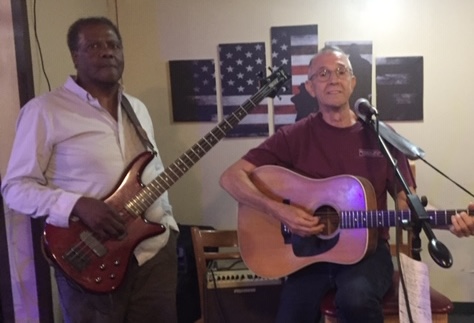
Alex and Ronnie
Noon - 2:30PM
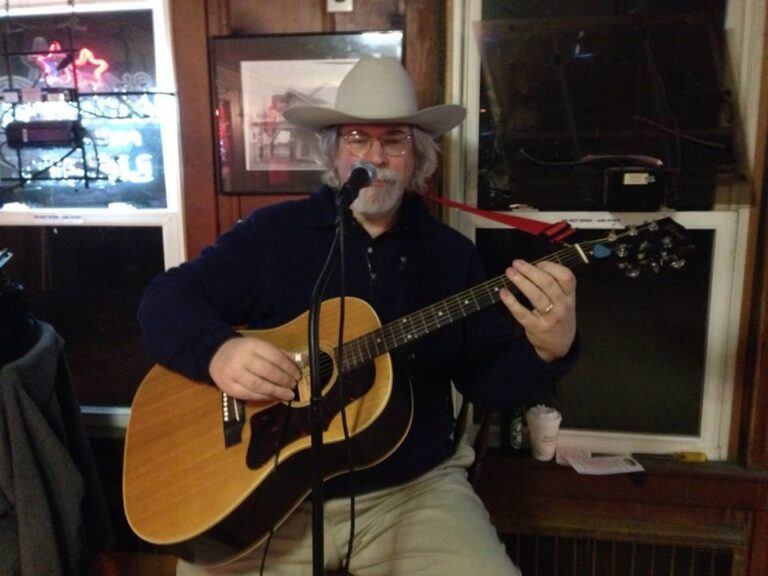
Glenn Weiser
2:30PM - 5:00PM

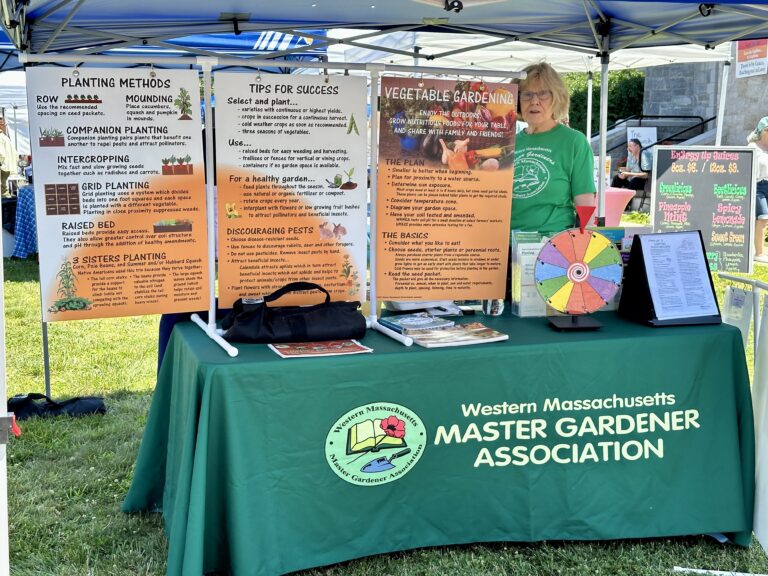
Soil pH Testing on June 19th with WMMGA
Have your soil samples pH tested by a certified soil tester at the Western MA Master Gardener Association (WMMGA) tent this Thursday between 2PM-4PM for a $2 donation. Master Gardeners will answer your questions about soil as well as any other gardening questions you might have. What do you need to collect a soil sample?
- Trowel, shovel or sampling tube
- Bucket
- Drying tray or plate
- Zip-lock bag You can collect samples from different sections of your yard (i.e., lawn, flower bed, vegetable garden). Make sure to keep the samples from each area separate. How do you collect samples? First, remove a thin slice or plug of soil from surface to proper depth. Sample depths: 3”-4” Lawn, 6”-8” flower/vegetable garden, 10”-12” trees/shrubs. Then collect 4 -6 samples for each small area, 8-12 samples for large areas. Mix the samples for one area together in bucket. Then scoop 1 cup mixed soil and spread it on a clean plate/tray to dry. Remove any twigs & large debris. Once it's dry, place the sample in a zip-lock bag that's labelled with approximate size of the sample area and the type - lawn, flowers, vegetables, etc.
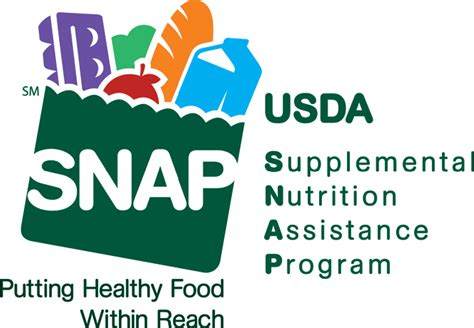
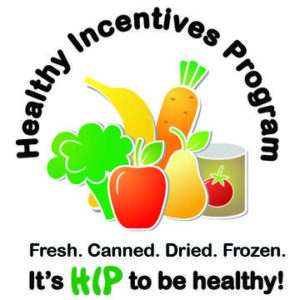
SNAP Match: We double your SNAP benefits up to an extra $15 per week. Visit the SNAP Tent to buy SNAP tokens and SNAP Match which can be used on any SNAP eligible items such as produce, fruit and vegetable seedlings, and all market food except hot food and flowers.
Healthy Incentives Program (HIP): If you are a Massachusetts SNAP customer, you receive an instant dollar-for-dollar rebate of up to $20 each month when you buy fresh fruits and vegetables with SNAP.
